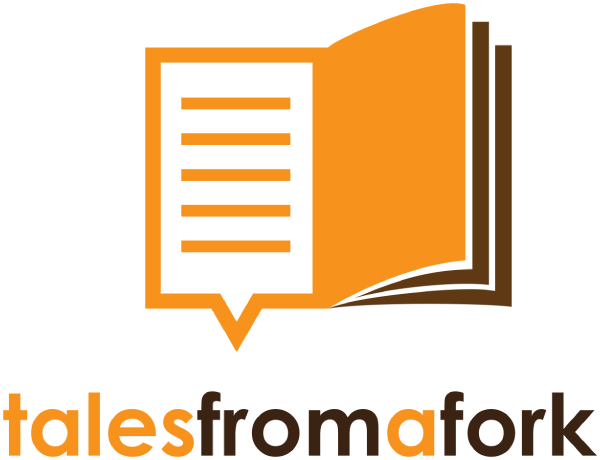Freelancer’s Finance: Mastering the Art of Budgeting with Irregular Income
Managing finances as a freelancer can often feel like solving a complex puzzle. Unlike traditional 9-to-5 jobs, where paychecks arrive predictably, freelancing income can fluctuate wildly from month to month.
This article is your guide to navigating these choppy financial waters, offering strategies to create a stable financial foundation, despite the unpredictability of freelance earnings.
For freelancers grappling with the feast-or-famine nature of their income, this guide provides essential tools for effective budgeting. It’s designed to help you manage irregular earnings, save for the future, and enjoy financial peace of mind, no matter how variable your income.
Understanding the Freelancer’s Financial Landscape
The key to successful budgeting as a freelancer lies in understanding the unique nature of your income. Unlike regular employees, freelancers must contend with varying payment schedules, fluctuating project volumes, and the ever-present uncertainty of the next paycheck.
Building a Solid Budgeting Foundation
A robust budget is the cornerstone of financial stability for freelancers. It’s essential to track your income and expenses meticulously, identifying patterns and average earnings over time. This insight forms the basis of a budget that accommodates both lean and plentiful periods.
Prioritizing an Emergency Fund
For freelancers, an emergency fund isn’t just a good idea; it’s a necessity. Given the unpredictable nature of freelance work, having a financial cushion for dry spells or unexpected expenses is crucial. Aim to save enough to cover at least three to six months of living expenses.
During my first year of freelancing, I learned the hard way about the importance of an emergency fund. After several unexpectedly slow months, I scrambled to cover basic expenses. It was a wake-up call to prioritize saving for the unforeseen.
Effective Income Smoothing Techniques
Income smoothing is balancing your finances across months of varying income. Setting aside extra earnings during high-income months creates a buffer that can supplement your income during leaner times. This technique ensures a steady ‘salary’ for yourself, regardless of monthly fluctuations.
Smart Expense Management
Keeping a tight rein on expenses is crucial for freelancers. Identify and categorize your fixed and variable expenses. Focus on reducing discretionary spending, especially during low-income periods, to ensure your essential expenses are always covered.
Planning for Taxes and Retirement
As a freelancer, you’re responsible for your taxes and retirement savings. Set aside a portion of each payment for taxes to avoid year-end surprises. Likewise, contribute regularly to a retirement fund, such as an IRA, to secure your financial future.
Utilizing Financial Tools and Apps
Leverage technology to stay on top of your finances. Budgeting apps and financial software can automate much of the tracking and categorizing of expenses and income, saving you time and providing valuable insights into your financial health.
Diversifying Income Streams
Diversifying your income sources can provide additional stability. Consider balancing client work with passive income streams, such as royalties, online courses, or rental income. This diversification can cushion losing a major client or facing market downturns.
Expanding Beyond Writing Gigs
When I diversified my services beyond writing, it wasn’t just about increasing my income. It was about creating stability. Offering editing and consultation services opened new revenue streams, making my overall income less vulnerable to the ups and downs of freelance writing.
Setting Financial Goals
Goal setting is powerful for freelancers. Whether saving for a vacation, buying a home, or investing in your business, having clear financial goals can motivate you to manage your finances more effectively.
Nurturing a Mindset for Financial Success
Adopting a positive and proactive mindset towards money is essential for freelancers. Stay informed about financial best practices, invest in learning new skills, and network with other freelancers to share insights and advice.
Crafting Your Freelance Financial Path
As a freelancer, mastering your finances requires discipline, strategy, and flexibility. By implementing these budgeting techniques, you can transform the uncertainty of irregular income into a well-orchestrated financial plan. Remember, financial stability as a freelancer isn’t just about surviving; it’s about thriving, allowing you to focus on what you love most about your freelance career.
